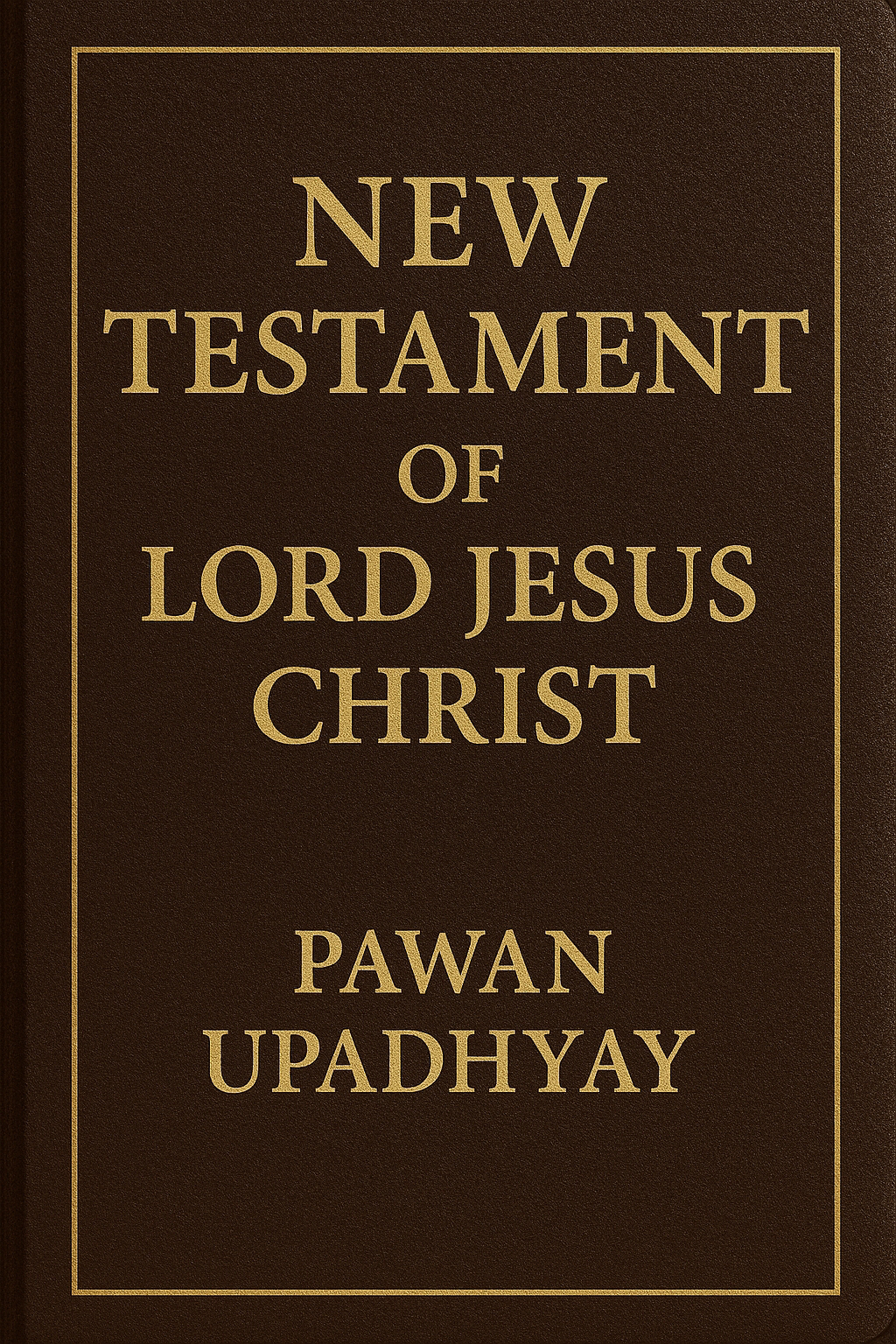Holy Trinity is Unmade, Unborn, Immortal and Uncreate
Holy Trinity is Unmade, Unborn, Immortal and Uncreate
1. Introduction
In classical Christian theology, the Holy Trinity—God the Father, God the Son, and God the Holy Spirit—is described as unmade, unborn, and uncreate. These terms originate from early Church creeds and philosophical reflections on the divine nature. They serve to distinguish God from all created beings and to affirm God’s eternal, self-existent essence.
2. The Meaning of “Unmade, Unborn, Uncreate”
2.1 Unmade
The term unmade indicates that God does not originate from any external cause.
All created things come into existence through external agency or process, but God exists without being produced or formed by anything outside Himself.
This aligns with biblical concepts such as:
“From everlasting to everlasting, You are God” (Psalm 90:2).
“I AM WHO I AM” (Exodus 3:14), expressing self-existence.
Thus, the Holy Trinity, as God, is not manufactured, not formed, not generated by another.
2.2 Unborn
“Unborn” affirms that God does not originate through any biological or generative process, unlike creatures who experience birth.
Being “unborn” highlights God’s transcendence over time, matter, and natural processes.
Although the Son is called “begotten of the Father” in the Nicene Creed, this “begetting” is understood as:
Eternal, not temporal
Divine, not biological
A relationship, not an event
Thus, “unborn” is applied to the divine essence, not contradicting “eternally begotten.”
2.3 Uncreate
“Uncreate” means God does not belong to the created order.
Everything that exists is divided into two categories:
1. Uncreated reality — God alone
2. Created reality — universe, angels, humans, souls, matter, time
The Trinity belongs to the first category: the uncreated, eternal essence.
Biblical grounding includes:
“All things were made through Him” (John 1:3) — thus He Himself is not made.
“By Him all things were created… and He is before all things” (Colossians 1:16–17).
This establishes God as the source of creation, not part of it.
3. The Trinity as Eternal, One Being
The doctrine of the Trinity states:
One uncreated divine essence
Three co-eternal persons — Father, Son, Holy Spirit
No person is prior or posterior in time
No person is created, formed, or caused
Early Christian theologians described this with terms such as:
Aseity — God exists by His own nature
Immutable — unchanging
Eternal — without beginning or end
Thus, the Trinity is eternal in nature and existence.
4. Distinguishing Creator and Creation
These terms—unmade, unborn, uncreate—serve a technical purpose:
They ensure:
God is not part of creation
Nothing existed before Him
God depends on nothing
God is the origin of all being
And they prevent:
Confusion between divine and created beings
Misunderstanding of Christ’s eternal nature
Any interpretation that the Holy Spirit is a created force
Therefore, these terms maintain the absolute transcendence of the Trinity.
5. Conclusion
To say that the Holy Trinity is unmade, unborn, and uncreate is to affirm the core Christian teaching of God’s eternal, self-existent, and uncaused nature.
This statement emphasizes the absolute uniqueness of God in contrast to all created things and aligns with both biblical revelation and the foundational doctrines of historic Christianity.


Comments
Post a Comment